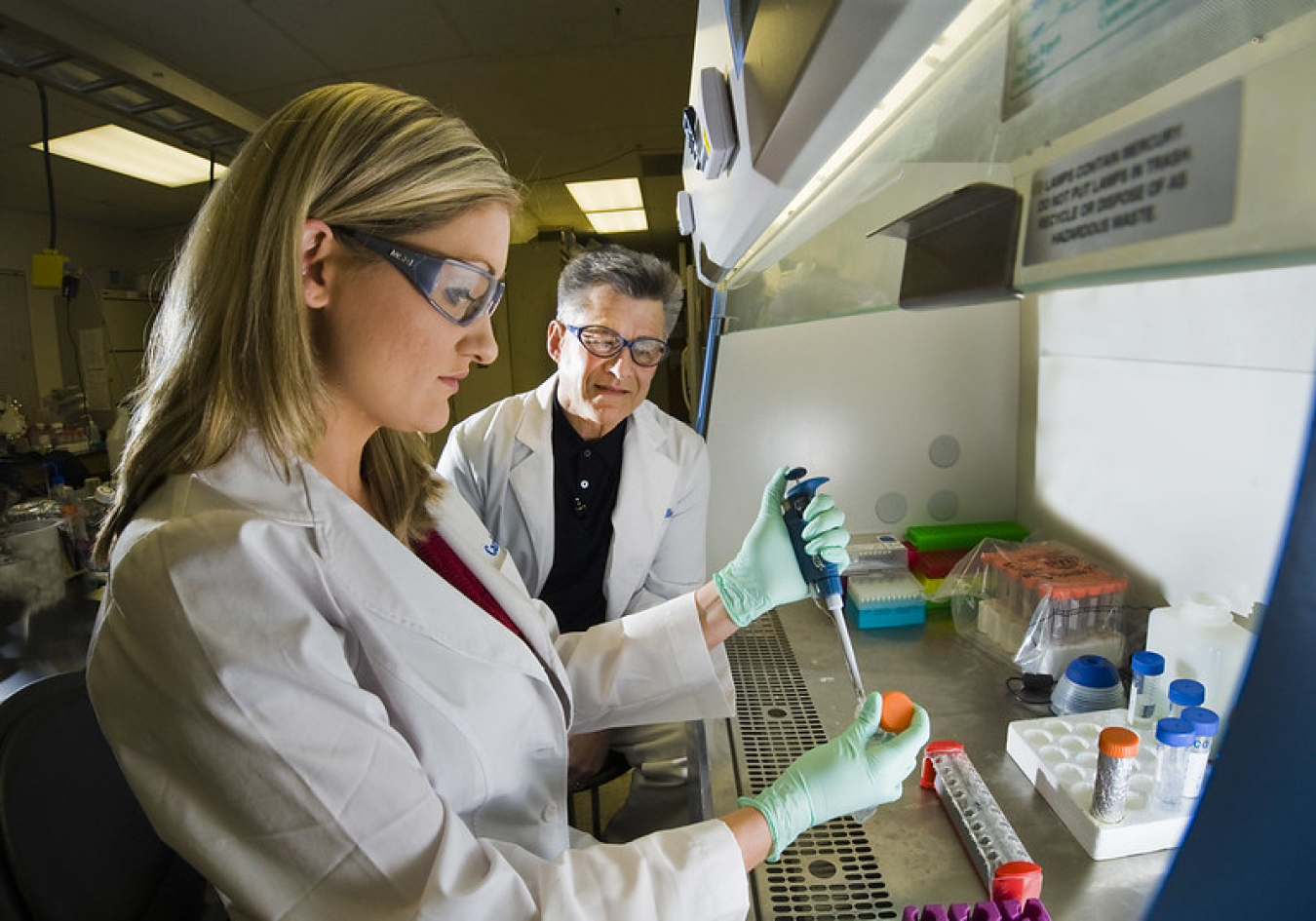The Department of Energy's (DOE) Lab-Embedded Entrepreneurship Program has exceeded $1 billion in follow-on funding and investments raised by participating renewable energy startups since its inception in 2015.
Advanced Materials & Manufacturing Technologies Office
March 13, 2023
The Department of Energy’s (DOE) Lab-Embedded Entrepreneurship Program has exceeded $1 billion in follow-on funding and investments raised by participating clean energy startups since its inception in 2015.
The Lab-Embedded Entrepreneurship Program, managed by the Office of Energy Efficiency and Renewable Energy (EERE), has proven to be a hub for innovations vital to building a strong domestic energy sector, giving startups support and training to develop cutting-edge renewable technologies and move them out of the lab and into the marketplace.
Early-stage renewable tech startups face many hurdles that can dim the spark of innovation before it has a chance to thrive, be they financial, scientific, or business-related. Through the Lab-Embedded Entrepreneurship Program, selected companies receive a two-year fellowship that allows them to embed with DOE national laboratories and gain access to the equipment and expertise of DOE scientists. The program also provides mentoring and networking opportunities with university resources, ecosystem partners, local businesses, and investors. With this support and training, some of the nation’s brightest scientists, engineers, and entrepreneurs have been able to fast-track their innovations into deployment at scale and launch successful energy and manufacturing businesses.
The more than $1 billion raised by participant companies—most of which has come from private investment—is from a variety of sources that affirms their success, including venture capital funding, prize money, and government grants and contracts. To date, the 120 Lab-Embedded Entrepreneurship Program startups have also created 1,000 jobs for American workers.
Among the success stories are companies like ClearFlame Engine Technologies, which offers a plant-based alternative diesel fuel; Nth Cycle, which extracts critical metals from materials that are otherwise considered non-recyclable, such as low-grade ore, batteries, and e-waste; UMARO Bacon, which makes plant-based bacon from seaweed; and Renew CO2, which converts carbon dioxide to plastic. Other program alumni have developed new materials to create higher efficiency solar panels and designed fungi-based meat alternatives.
Learn more about the Lab-Embedded Entrepreneurship Program and its four program sites: West Gate at National Renewable Energy Lab (NREL); Chain Reaction Innovations at Argonne National Lab (ANL); Cyclotron Road at Lawrence Berkeley National Lab (LBNL); and Innovation Crossroads at Oak Ridge National Lab (ORNL).

